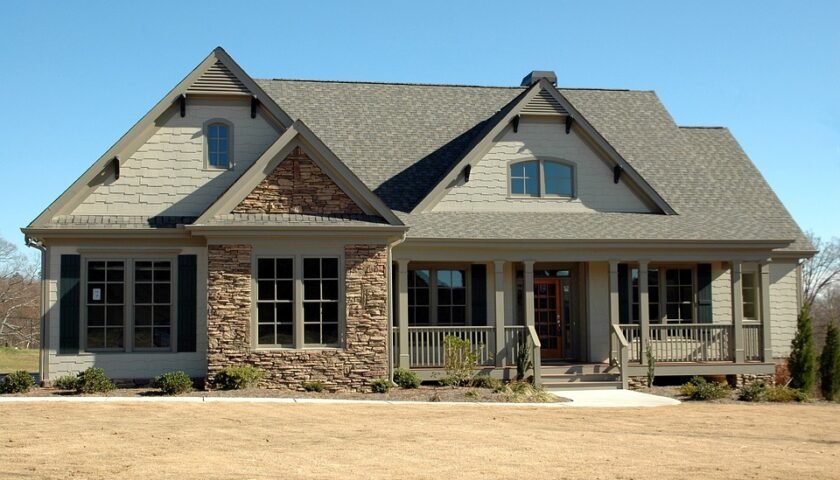[ad_1]
The growing startup culture has revolutionized industries across the globe. With the rapid expansion of the tech sector, the demand for commercial real estate has experienced an unprecedented surge. As startups continue to emerge in different regions, commercial real estate markets are witnessing immense growth and benefiting from this startup boom.
One of the primary factors contributing to the surge in commercial real estate demand is the increase in funding for tech startups. Investment firms and venture capitalists are pouring billions of dollars into startups, enabling them to hire more employees, expand their operations, and ultimately, secure office spaces. As a result, the need for commercial real estate, particularly in tech hubs like San Francisco, New York, and London, has skyrocketed.
Moreover, the nature of the tech industry itself plays a significant role in driving the demand for commercial real estate. Startups require spacious and flexible office spaces to accommodate their unique needs. Gone are the days when small cubicles sufficed for employees; startups now focus on creating collaborative and vibrant workspaces that foster creativity and innovation. This demand for open-concept offices, with features like recreational areas, game rooms, and breakout spaces, has reshaped the commercial real estate landscape.
In addition to physical office spaces, startups also require data centers and other infrastructure to support their technological needs. The increased reliance on cloud-based platforms and data storage solutions has led to a surge in demand for well-equipped data centers. Commercial real estate developers have recognized this opportunity and are responding by creating purpose-built facilities to cater to the tech industry’s unique requirements.
Furthermore, the growth of the tech sector has also stimulated urban renewal in certain areas and led to the revival of abandoned or underutilized properties. Startups often seek affordable and centrally located spaces that offer easy access to transportation and other amenities. As a result, previously overlooked areas are now experiencing revitalization, benefiting not only the startups but also the local economies and communities.
The startup boom has not only resulted in increased demand for commercial real estate but also pushed property developers and owners to adapt to the evolving needs of the tech industry. Landlords are now more open to offering short-term leases, flexible spaces, and amenities tailored to accommodate startups. This flexibility has proved to be a mutually beneficial arrangement, as it allows commercial property owners to fill vacancies quickly while providing startups with the agility they need to scale their businesses.
Moreover, the presence of tech startups in a given area tends to attract other businesses and professionals, creating a multiplier effect on the local economy. As startups grow and thrive, ancillary industries like food service, retail, and entertainment also experience growth. This surge in economic activity benefits not just commercial real estate owners, but the entire community.
In conclusion, the global startup boom has had a profound impact on the commercial real estate sector. As startups continue to proliferate, the demand for office spaces, data centers, and flexible lease agreements has surged. The growth of the tech sector has revitalized neighborhoods, created economic opportunities, and forced the commercial real estate industry to adapt to the unique demands of startups. As long as the startup culture persists, the commercial real estate market is poised to benefit from this tech-sector surge.
[ad_2]




